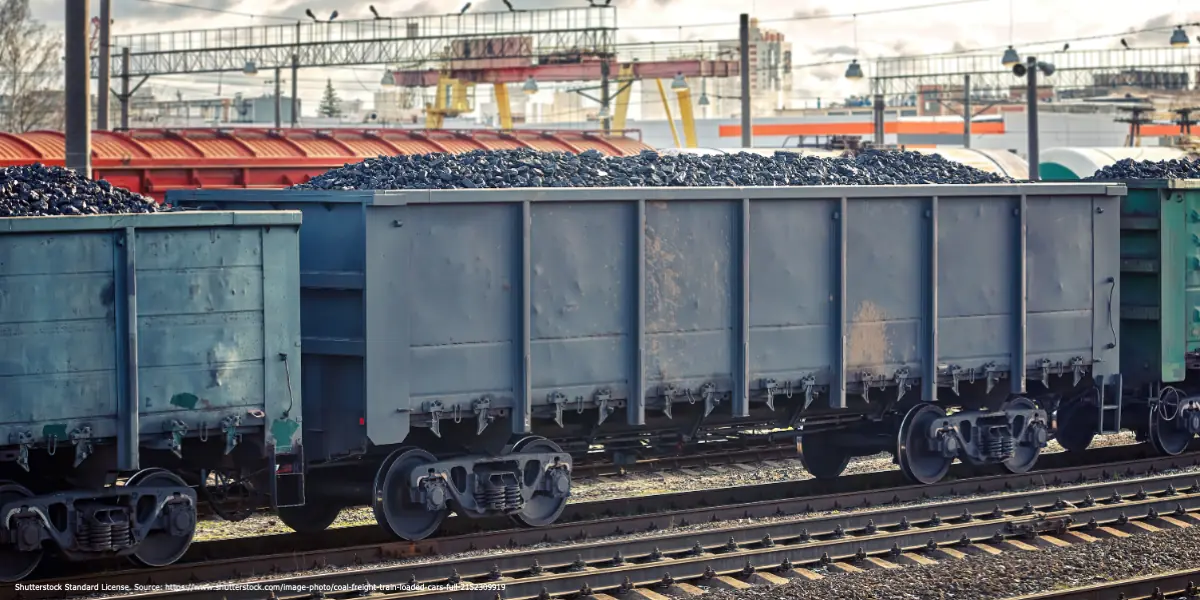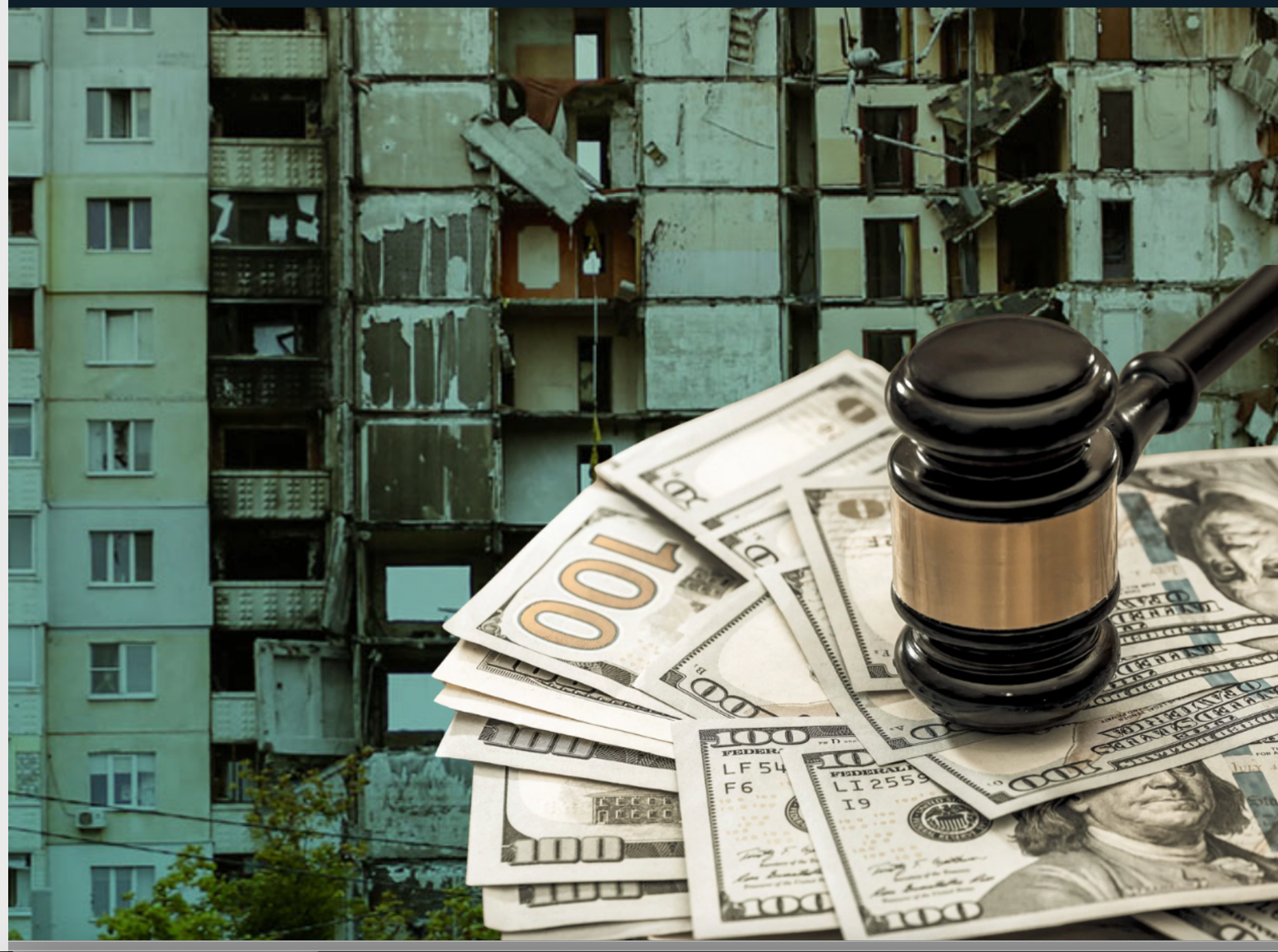Russia–Ukraine war has undoubtedly accelerated the shift in the European Union’s energy landscape. This study examines how the conflict and resulting sanctions on Russian energy exports have influenced green innovation across EU nations. By analyzing data from 1999 to 2022, the research explores the extent to which reliance on Russian oil and gas has shaped renewable energy development and how market changes have affected innovation trajectories.
The findings paint a complex picture. Natural gas imports, despite being a fossil fuel, have historically supported renewable energy advancements, with the effect being even stronger after the 2022 shock. However, the study reveals that once gas prices reach a critical threshold (around €33.67/MWh), the fuel’s boost to green innovation disappears. In contrast, oil imports have consistently hindered progress, contributing to higher carbon emissions and environmental challenges. Countries with the highest dependence on Russian oil, especially those exceeding 50%, faced the most significant war-induced setbacks in green innovation. In contrast, while natural gas dependence also impacted outcomes, the strongest negative effects were observed in countries with moderate to high reliance (10%–90%), with the impact diminishing in those above 90%. Yet, these same pressures have also driven some of the most urgent efforts to transition away from fossil fuels.
The study shows the need for EU policymakers to take advantage of this period of turmoil by accelerating investments in renewable energy. Diversification of energy sources, financial incentives for green technologies, and enhanced regional cooperation are key strategies for ensuring long-term sustainability. The research also highlights the importance of balancing short-term energy security concerns with long-term climate goals, as reliance on fossil fuels, whether for stability or economic necessity, can hinder the transition to clean energy.
As the EU moves forward, the energy crisis triggered by the war may ultimately serve as a catalyst for meaningful progress. With strategic action, the current turmoil could mark a turning point, pushing the region toward a more resilient and sustainable energy future.
Read the full article.



